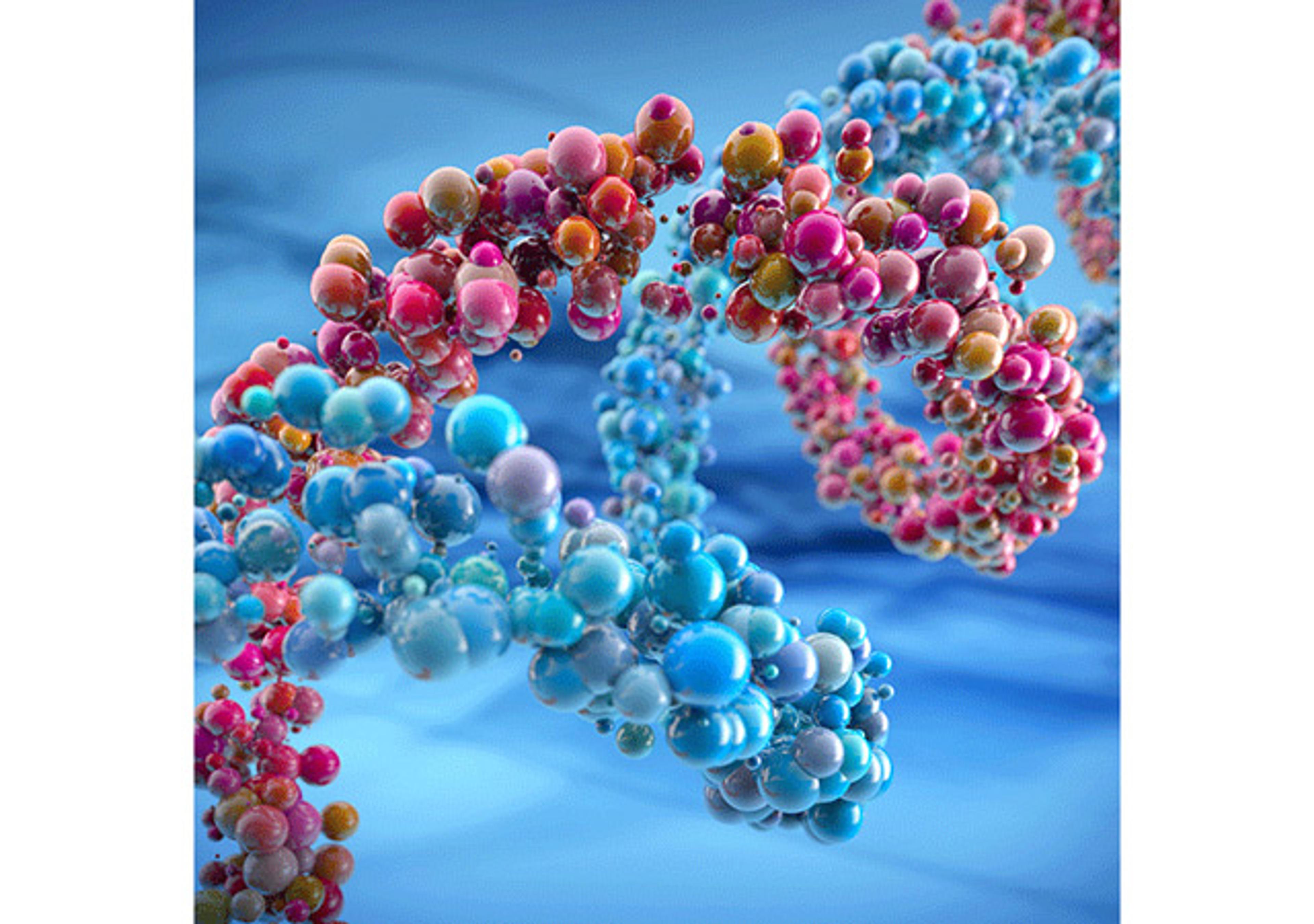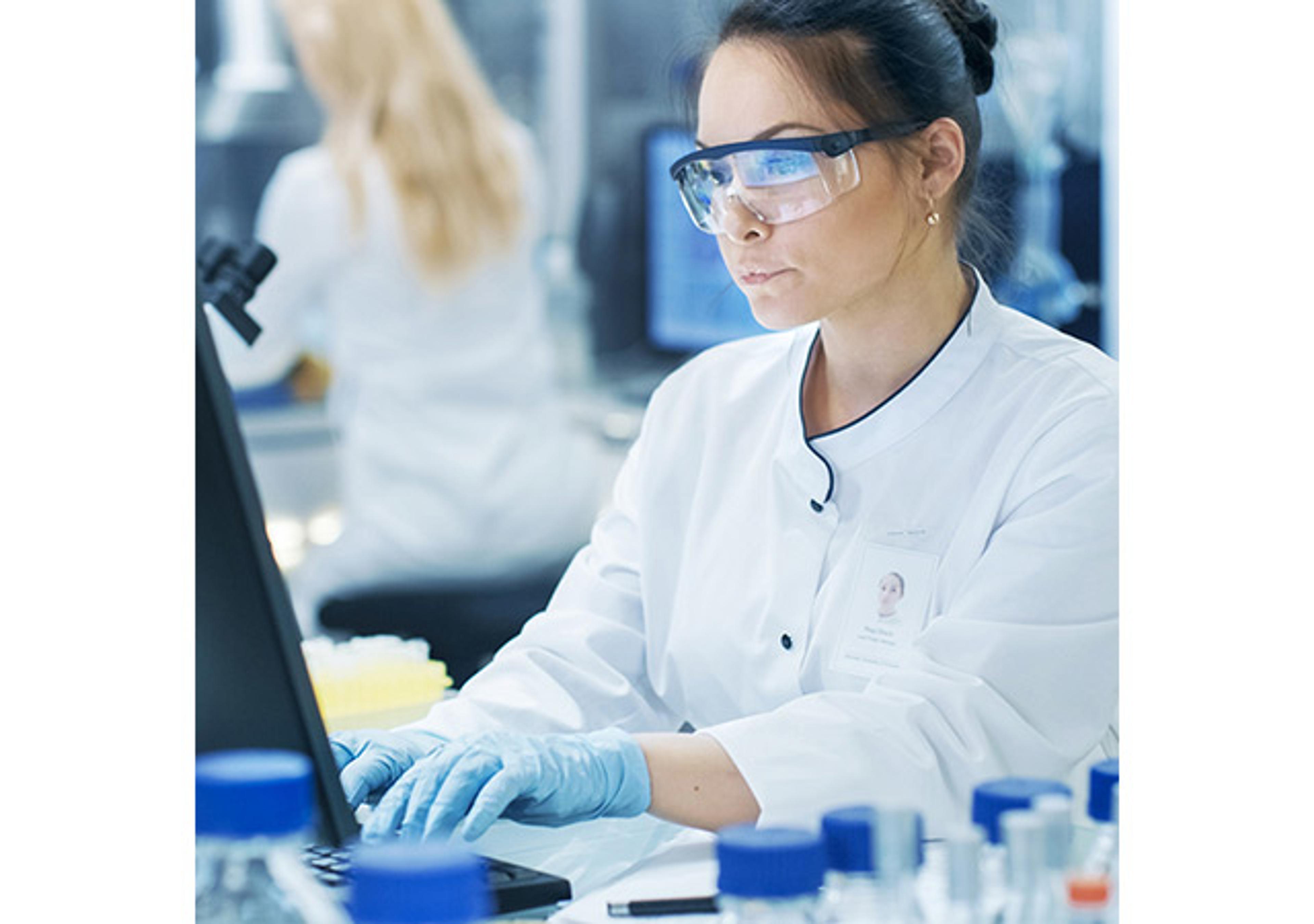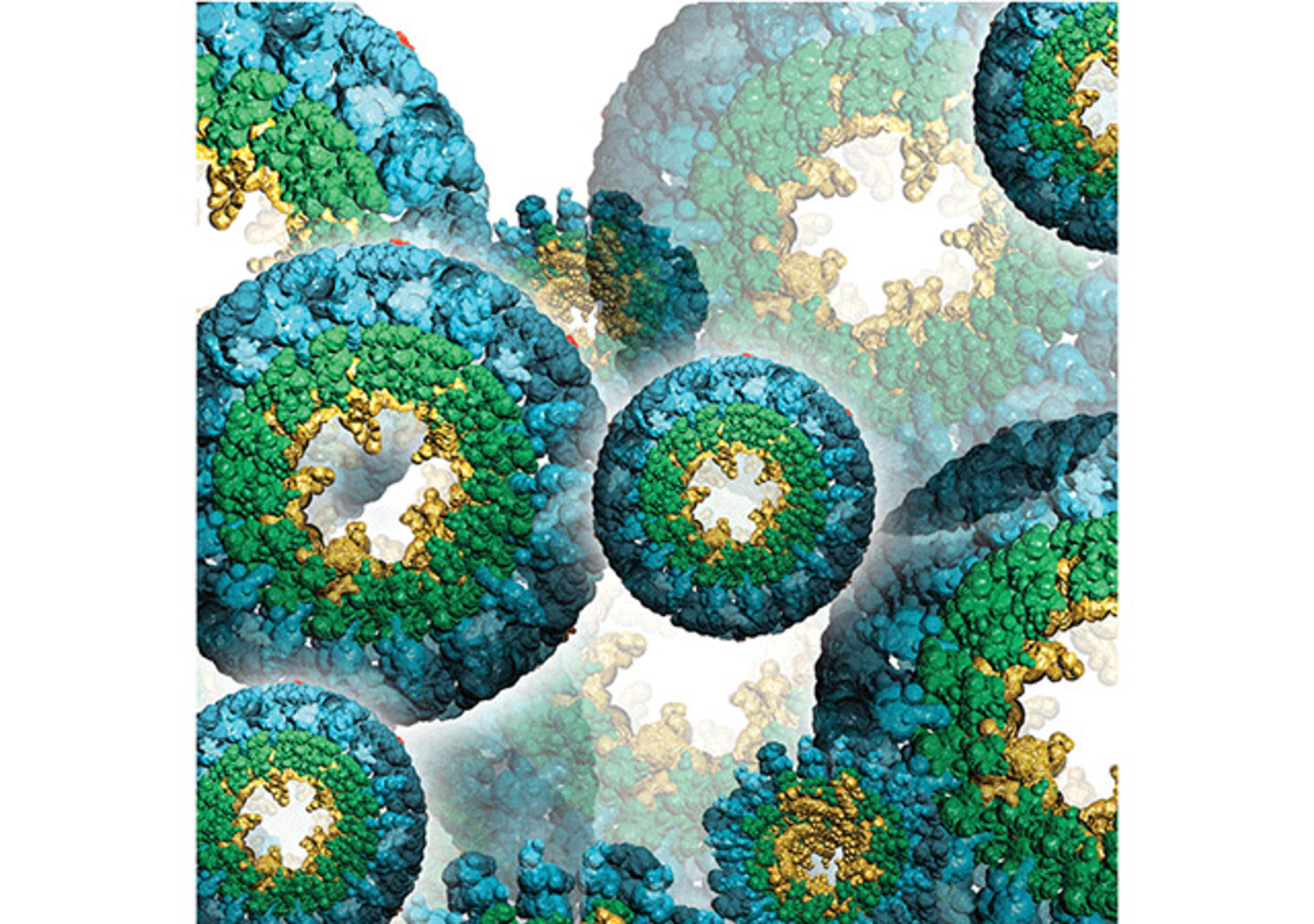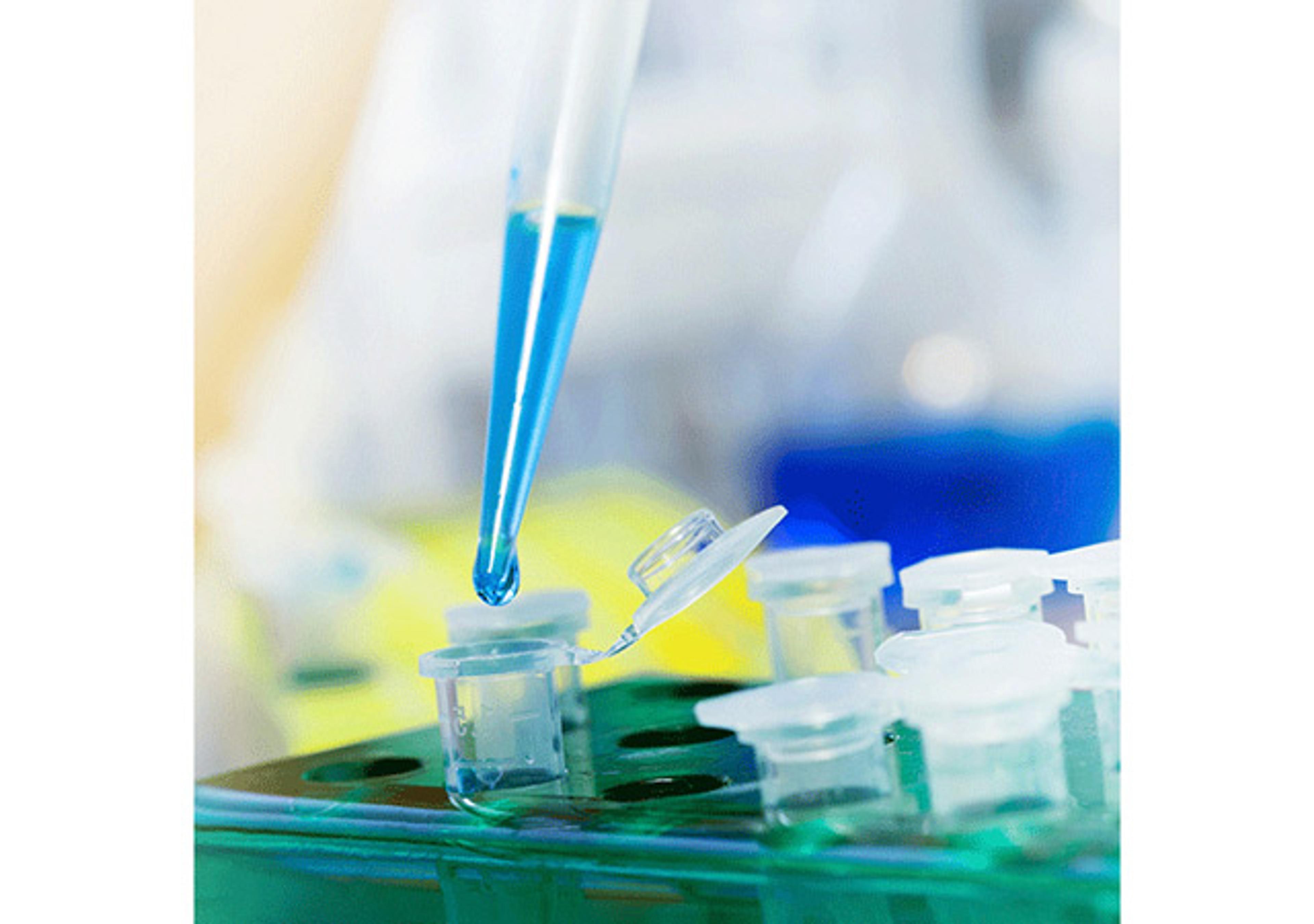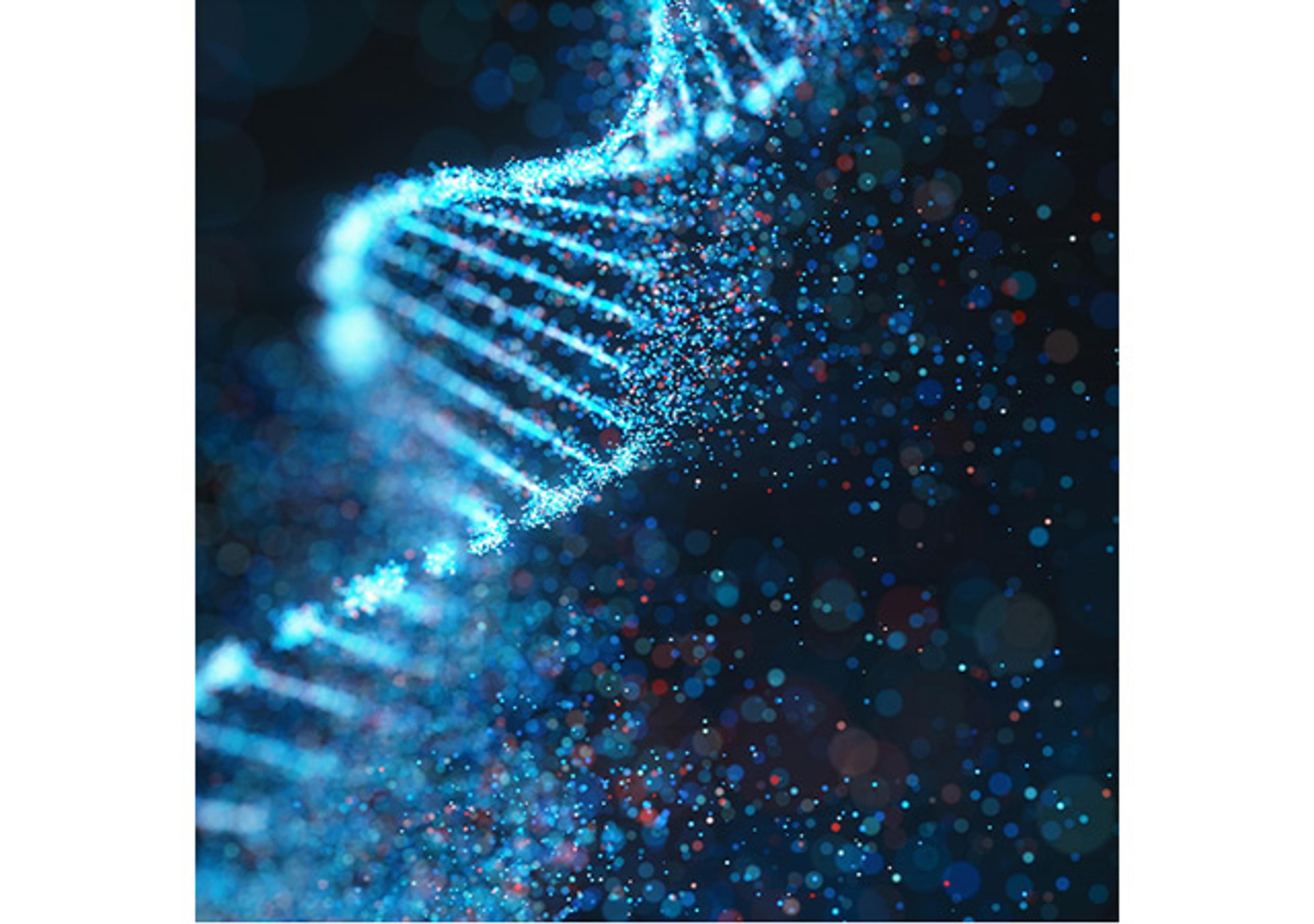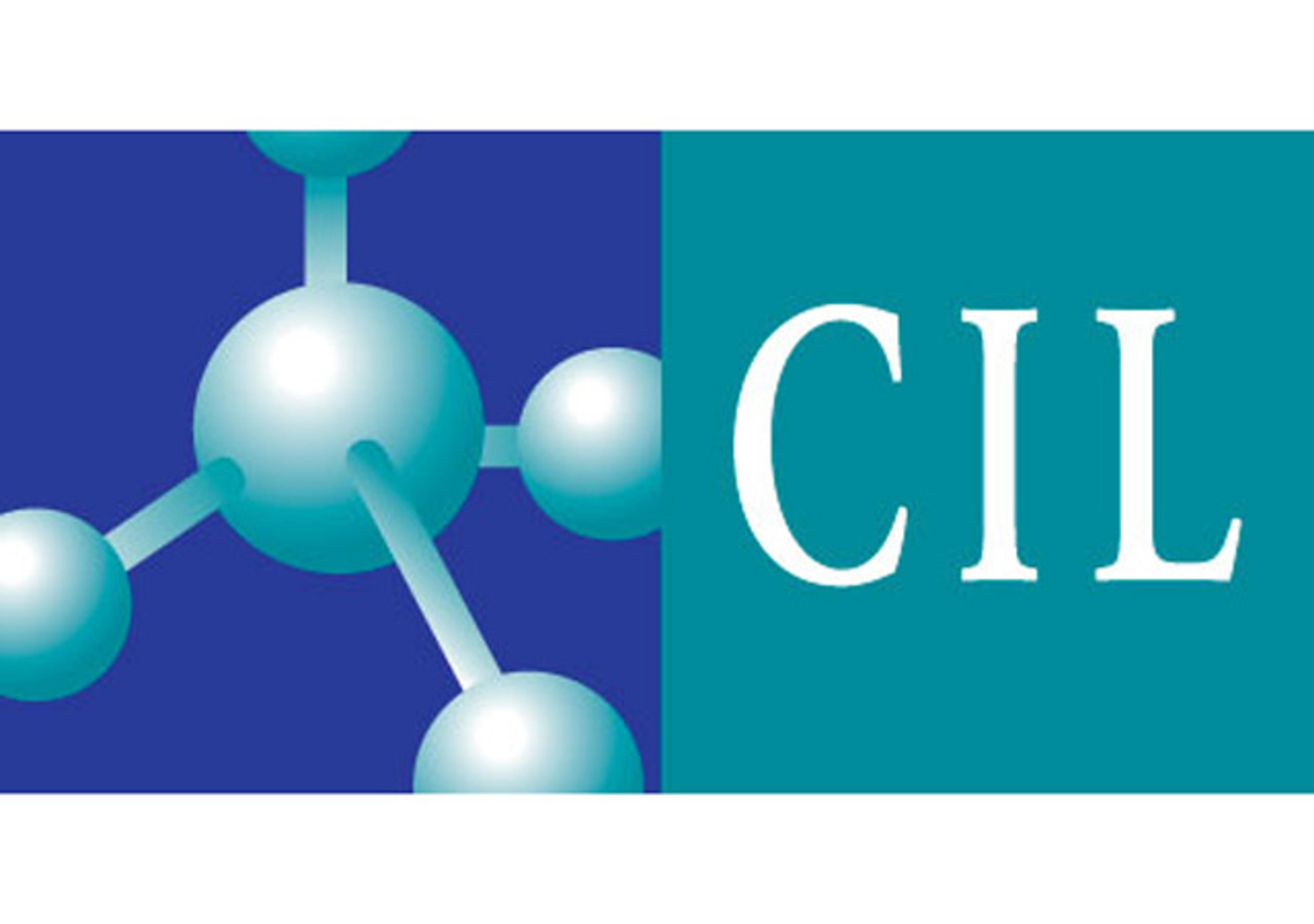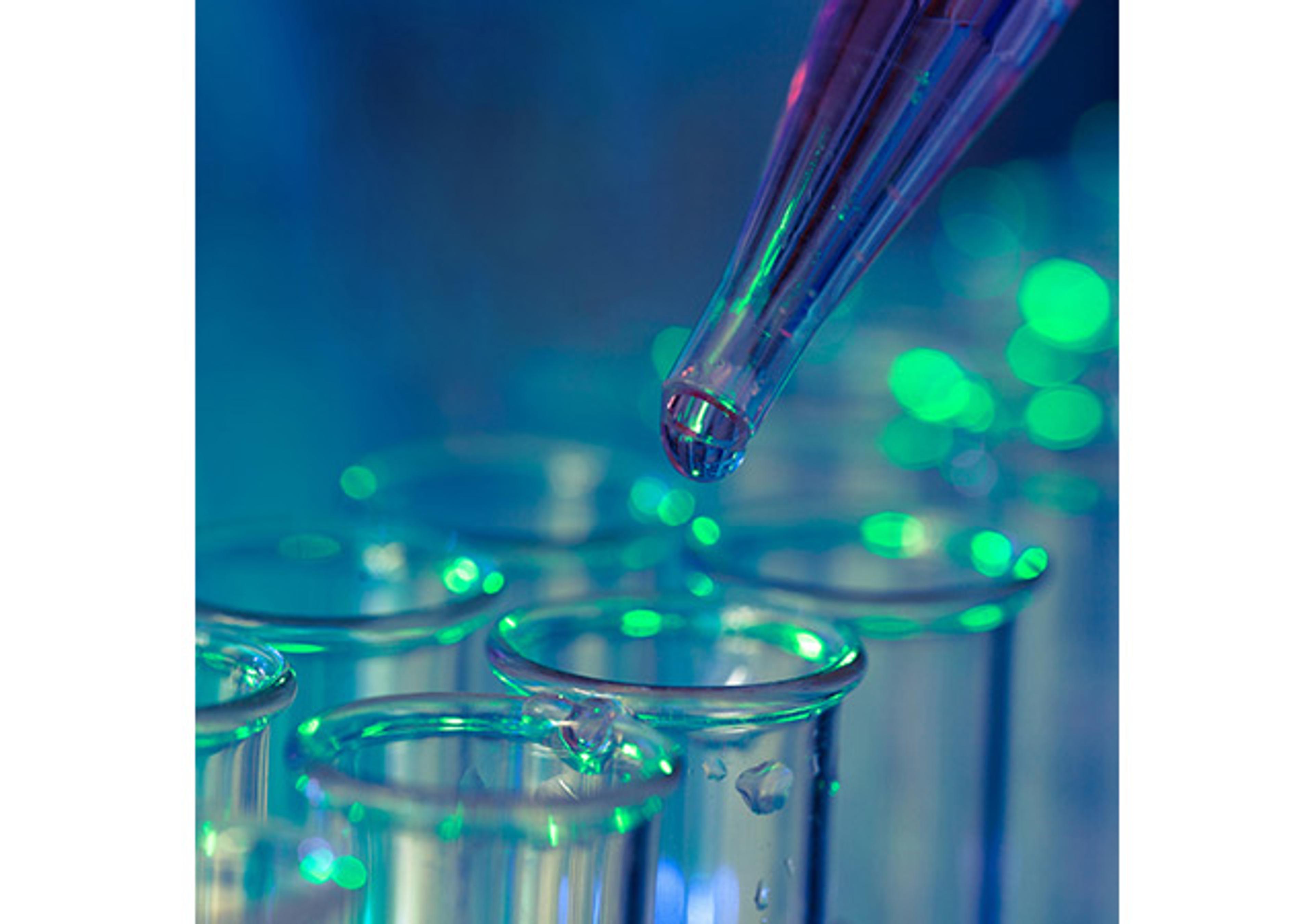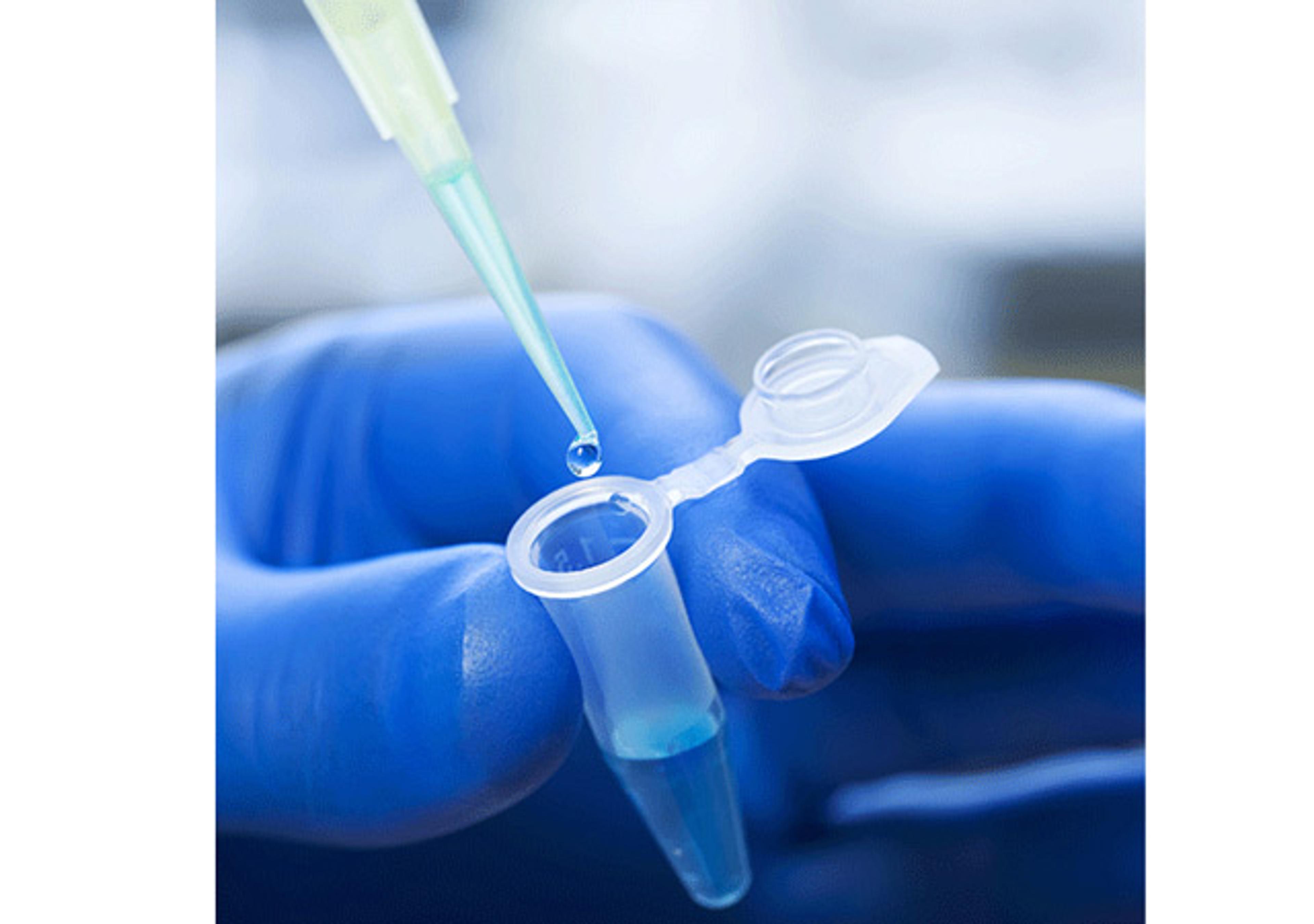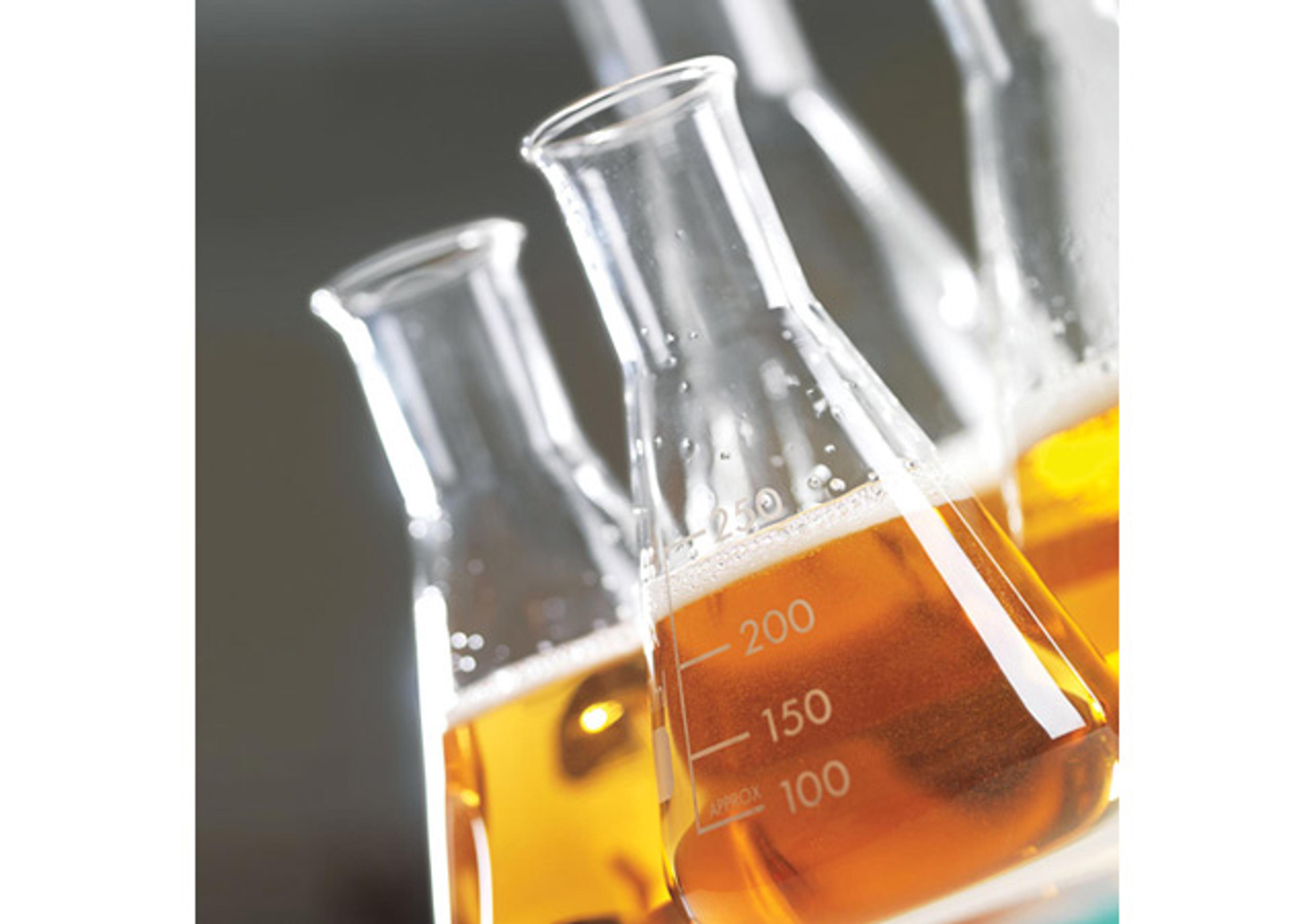In Vitro Vascular Permeability Assay
The CHEMICON® In Vitro Vascular Permeability Assay is performed in a 24-well tissue culture plate with 12 cell culture inserts. The inserts contain 1.0 μm symmetrical pores within a transparent polyethylene membrane. The high pore density membranes permit amplified rates of basolateral diffusion with molecules of interest for permeability assays. The membrane is tissue culture treated on both sides for cell growth. Within CHE…

The supplier does not provide quotations for this product through SelectScience. You can search for similar products in our Product Directory.
The CHEMICON® In Vitro Vascular Permeability Assay is performed in a 24-well tissue culture plate with 12 cell culture inserts. The inserts contain 1.0 μm symmetrical pores within a transparent polyethylene membrane. The high pore density membranes permit amplified rates of basolateral diffusion with molecules of interest for permeability assays. The membrane is tissue culture treated on both sides for cell growth.
Within CHEMICON®'s In Vitro Vascular Permeability Assay, endothelial cells are seeded onto collagen-coated inserts. The endothelial monolayer forms in several days, which occludes the membrane pores. The cell monolayer is then treated with cytokines, growth factors, or some reagent of interest. After treatment, FITC-Dextran is added on top of the cells, allowing it to permeate through the cell monolayer. The extent of permeability can be determined by measuring the fluorescence of the plate well solution.

